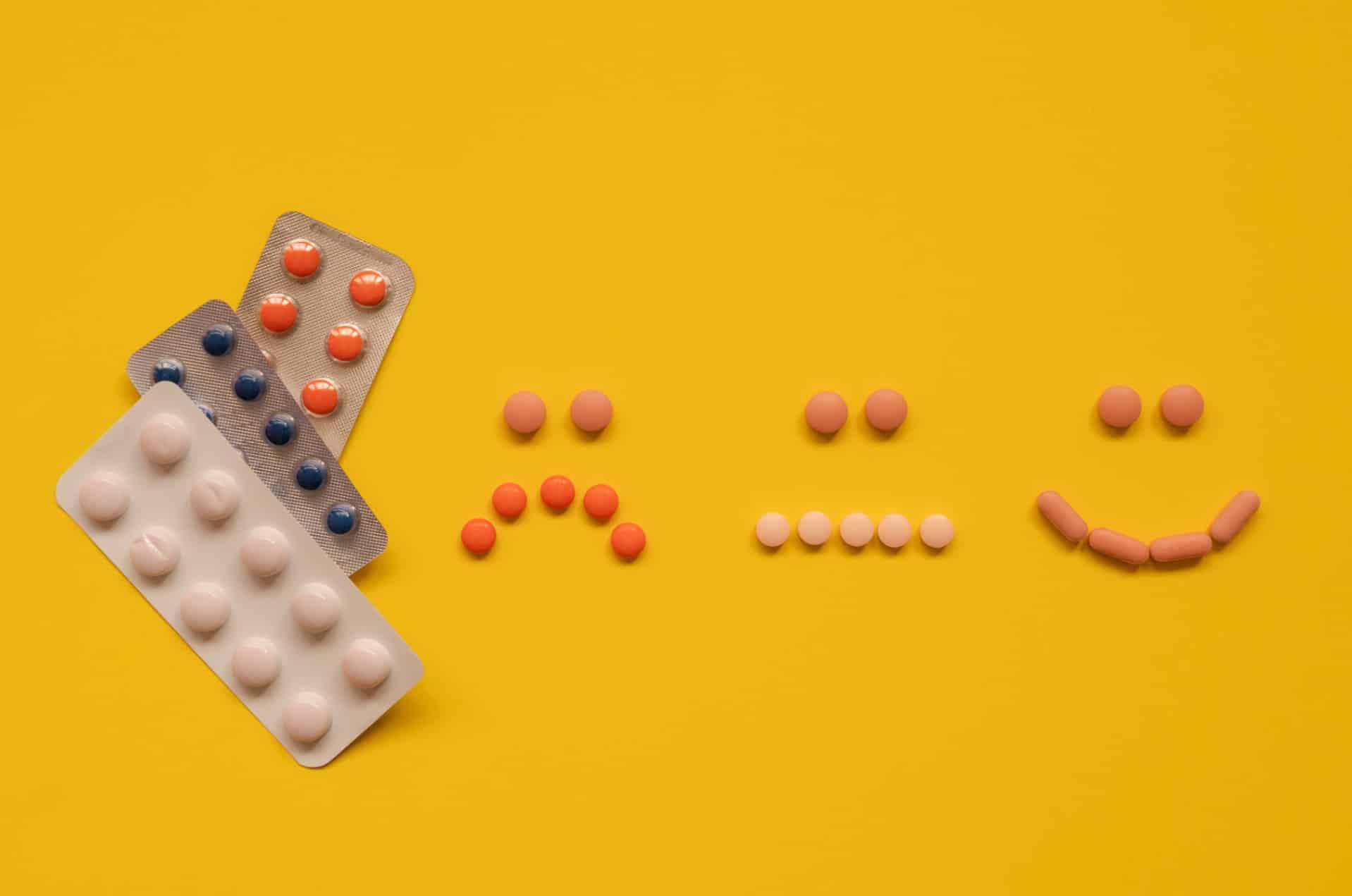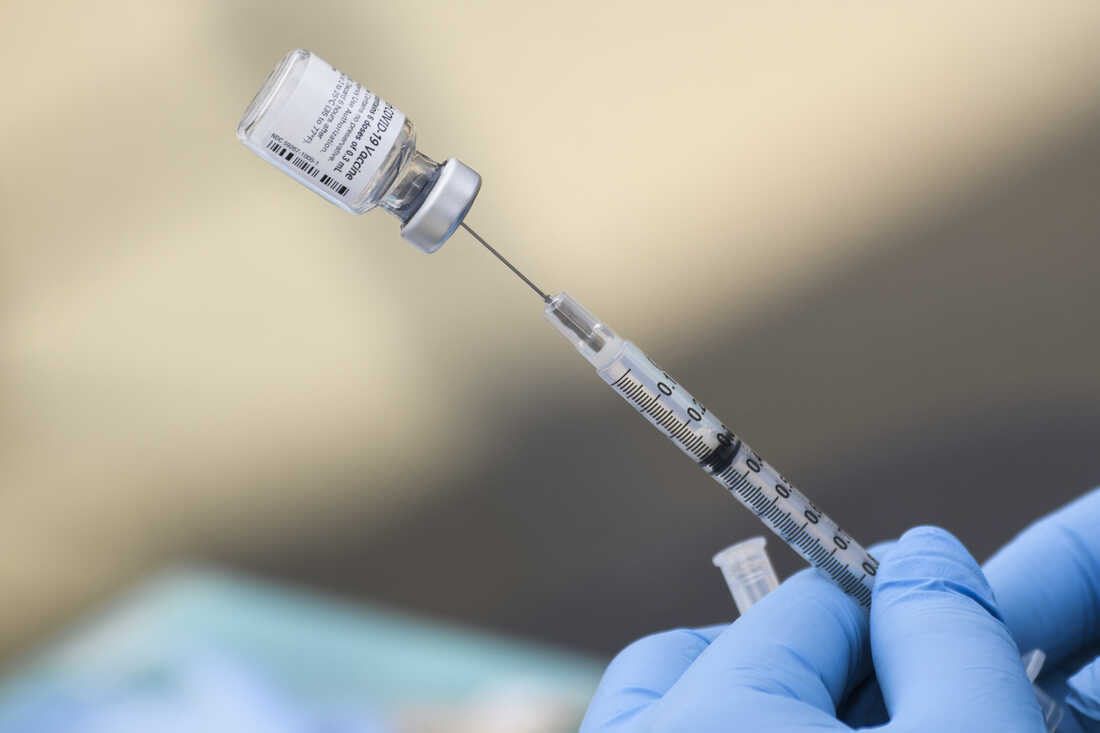I was in Vienna recently and visited the museum of the most influential psychiatrist ever, Sigmund Freud. To be honest he has never been a hero of mine, and my assessment is that he contributed more than his fair share to the development of the introspective self indulgent society we have become. A clever, brave, irascible and eternally curious man, who spent the latter years of his life trying to prove that the iconoclastic Pharaoh Akhenaton was in fact the biblical Moses; he may have been right but he certainly was not right about the interpretation of dreams or the mumbo jumbo that became the religion of psychoanalysis. During my visit the inner sanctum was filled by a large group of mainly young women who would not be moved on, their eyes shone, they exuded excitement and awe; it was if they were in the presence of a deity, there was not a shadow of a doubt that they ‘believed’ in Freud at that moment. Belief is part of our problem with depression; psychiatrists have chiselled out a syndrome with clear markers and definitions, this is now widely accepted by our society who now firmly believe in depression and GPs who are part of society are the faithful disciples who diagnose it day in and day out, whether too much too little or about right depends on your viewpoint.
Shellshock which has slowly metamorphosed into PTSD is an interesting comparison; Pat Barker’s wonderful Ghost Road trilogy reminds us of the absolutely brutal treatment of this condition during and after the First World War. At that time society and psychiatrists did not really accept a severe stress reaction related to horrific experiences, there was an underlying feeling of incipient cowardice laced with a certain lack of moral fibre. This allowed a small band of ‘Physical Psychiatrists’ to effectively torture patients out of their symptoms, the success rate was very high. Nowadays Depression is accepted as a legitimate reason for killing oneself, for having long periods off work, for retiring early, for not looking after oneself or others and perhaps most importantly it is a gold plated admission to the ‘sick role’. You may have detected a whiff of cynicism on my part, but in reality I am just as confused as you are. There are many people who appear depressed by the criteria we currently accept who get better if they take the tablets prescribed by me, irrespective of apparent causation or lack of it, and are grateful for my ministrations. There are others who don’t but who are helped by other methodologies, from the still mysterious ECT, to CBT, to group and family therapy, to one to one structured or unstructured counselling etc.
When I was a ship’s surgeon more than 30 years ago, the ex RN dispenser who treated the crew had a 3 stage treatment for depression, stage 4 was to see me, it went like this; 1. “Pull yourself together and here is a bottle of red medicine”. 2 “Not you again, bl**dy get out more and here is the stronger green medicine.”3 “Right! This time it’s the Black Draught for you. Take it twice a day and I don’t want to see you back.” The black draught was liquid senna and I never saw a case of depression. The culture on the ship was not conducive for the illness. If you would like to read more about these experiences go to http://www.lulu.com/petertate and purchase Seasickness.
Of course many famous people have suffered depressive episodes two that come to mind are Churchill who had the family ‘black dog’ and Spike Milligan who was famous for his manic depression, both however led startlingly successful lives. The involutional melancholia of the Victorian’s was recognisably similar to the modern syndrome and in the century before that Dr Johnson remarked “Melancholy, indeed, should be diverted by every means but drinking”; to my own chagrin I went through a short phase myself, hated the loss of control over my mood and was mightily relieved when one day it just went, without treatment. So I repeat, what is it? And when should I prescribe for it?
The underlying current in my mind is just how useful is this societal medicalisation of mood? The oft asked question is where does unhappiness stop and depression begin and last years massive tsunami can help us focus on the answer. In the outpouring of aid for Sri Lanka, Indonesia, Southern India and Thailand were there crates of citalopram as well as bus loads of counsellors? And if there was how much good did they do? We do know now that in many cases so called counselling in disaster situations does more harm than good which leads one to further suggest that the depressification of human distress, misery, mourning and frustrated goals is an inherently bad adaptive strategy and only tolerable in a society that can allow itself that luxury.


